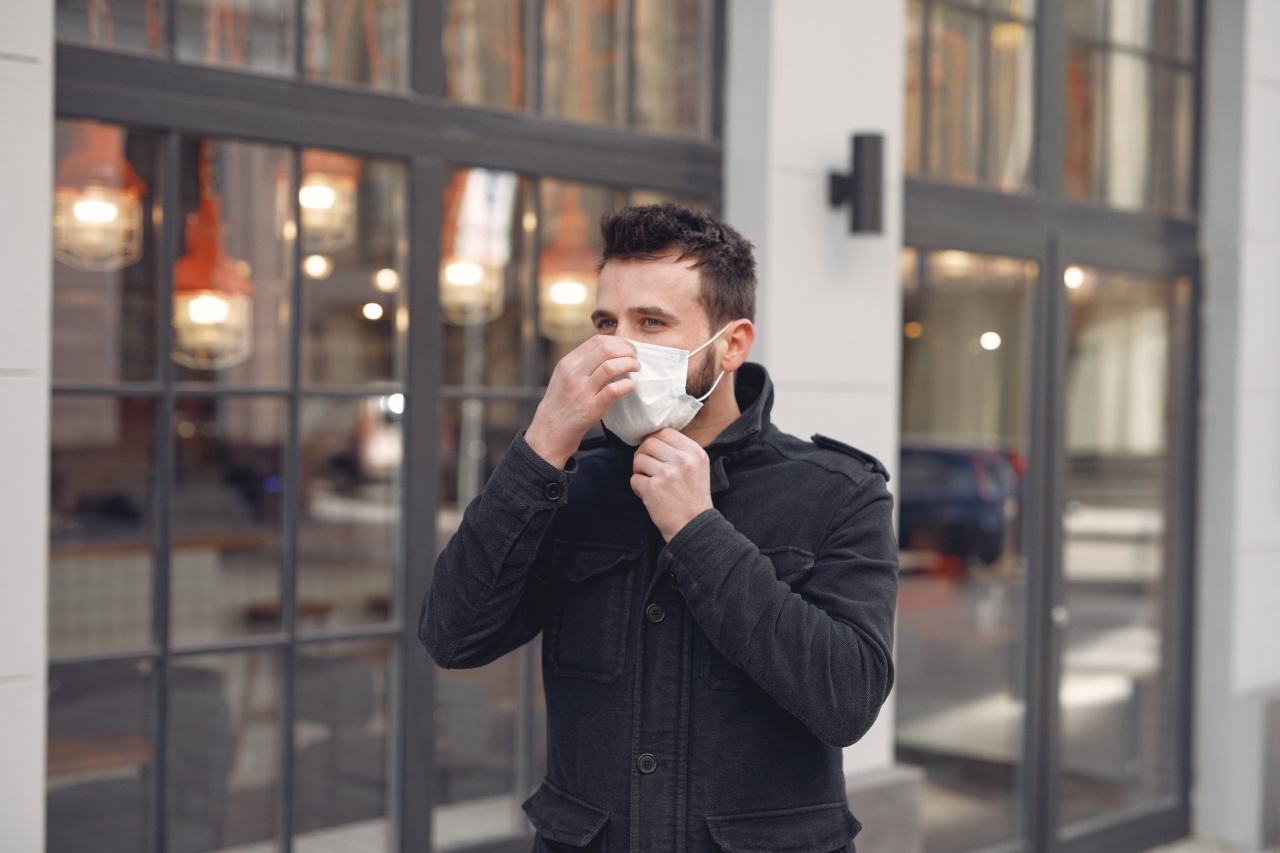Air pollution has been a major issue worldwide, with it being linked to various health effects.
Previous studies have shown that air pollution can increase the risk of respiratory and cardiovascular diseases, but recent studies also suggest that it may increase the risk of bone fracture in seniors. As the aging population continues to increase, this issue becomes more important to study as bone fractures can lead to a significant decrease in quality of life and increased healthcare costs.
This article will explore the association between air pollution and bone fracture risk in seniors.
What is air pollution?
Air pollution refers to the presence of harmful substances in the air that we breathe. These substances can include particulate matter (PM), nitrogen oxides (NOx), sulfur dioxide (SO2), and ozone (O3).
Air pollution can come from both natural and human sources, such as car exhaust, industrial processes, and wildfires.
How does air pollution affect health?
Air pollution has been linked to various health effects, including respiratory and cardiovascular diseases. When we breathe in polluted air, the particles and gases can irritate our respiratory system, causing inflammation and damage to our lungs.
Air pollution can also increase blood pressure and damage the inner lining of blood vessels, leading to an increased risk of cardiovascular disease.
The link between air pollution and bone fracture risk
Recent studies have suggested that air pollution may also increase the risk of bone fracture in seniors.
One study conducted in China found that exposure to higher levels of PM2.5 (fine particulate matter) was associated with an increased risk of hip fractures in older adults. Another study conducted in the United States found that higher levels of PM2.5 and ozone were associated with an increased risk of bone fractures in postmenopausal women.
How does air pollution affect bone health?
There are several ways in which air pollution can affect bone health. First, exposure to air pollution can cause inflammation throughout the body, which can lead to a decrease in bone mineral density.
Second, air pollution can increase oxidative stress, which can damage bone cells and lead to a decrease in bone strength. Third, air pollution can disrupt the balance of hormones in the body, such as vitamin D and parathyroid hormone, which are important for maintaining bone health.
Protecting yourself from air pollution
Although air pollution is a global issue, there are steps that seniors can take to protect themselves from its harmful effects. One way is to stay informed about air quality levels in their area and limit time spent outside when air quality is poor.
Seniors can also invest in indoor air purifiers or wear respiratory masks during times of high pollution. Eating a healthy diet and engaging in regular exercise can also help to strengthen bones.
Conclusion
The association between air pollution and bone fracture risk in seniors is an important topic that deserves further research.
As the aging population continues to increase, it is crucial to understand how air pollution can impact bone health and what steps can be taken to mitigate its harmful effects. By staying informed and taking preventive measures, seniors can protect themselves from the harmful effects of air pollution and maintain their bone health.




























